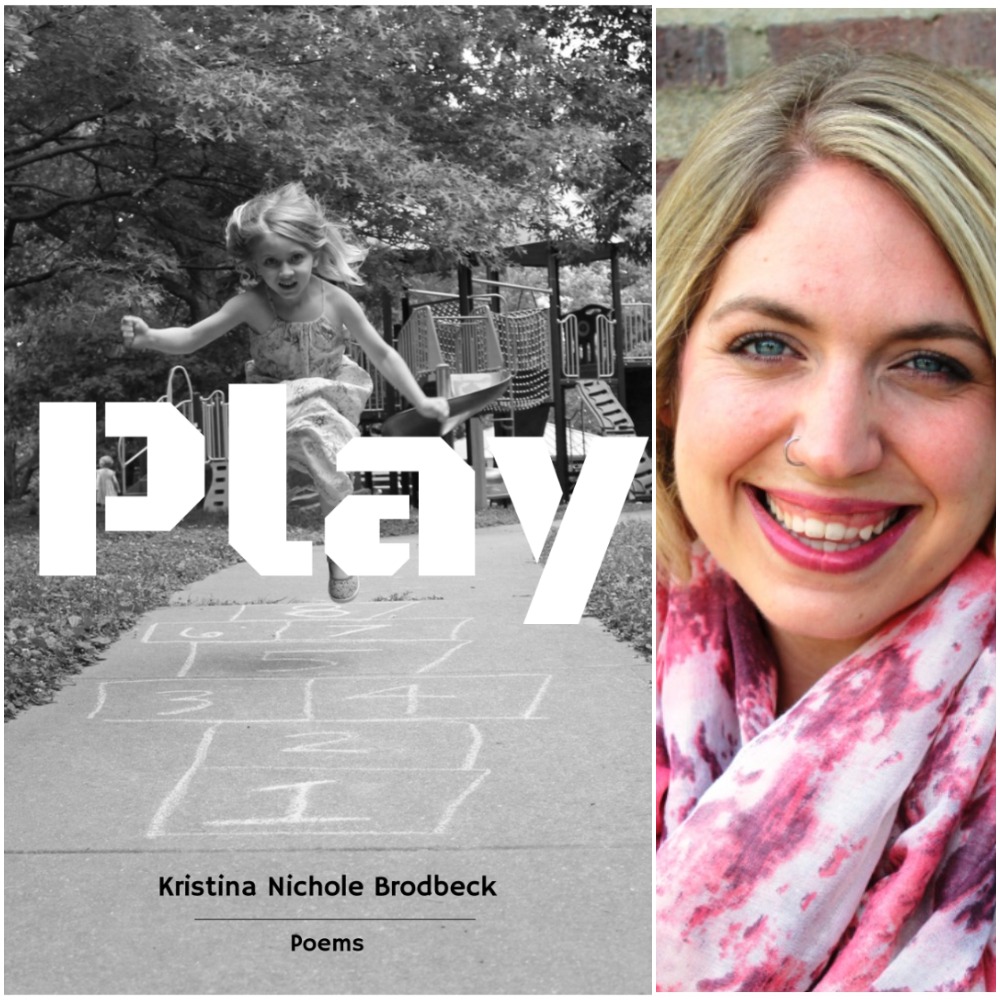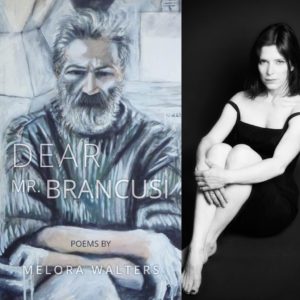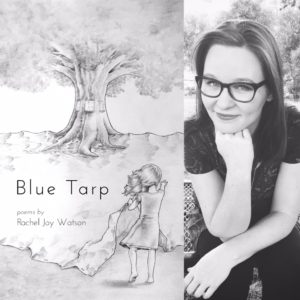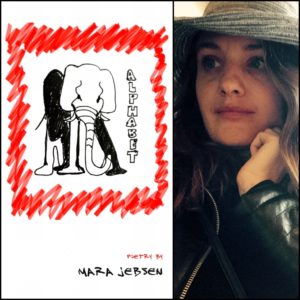In her first book, Kristina Brodbeck proves exceedingly capable of evoking the life-unraveling disease of Alzheimer’s, in which her poems confront a haunting spirit of memory. They are blunt, wise, raucous, sometimes darkly-humorous, and profoundly moving poems. Brodbeck exhumes every ounce of love and willpower she can to allow a daughter-speaker to chronicle what pain, absence, confusion, and even those luminous moments of healing actually mean, when one is faced with a loved one’s debilitation. Yet, this framework catapults Play into far greater poetic territory – such bold, triumphant writing about motherhood, children, marriage, work, and living that you’ll yearn for more of Kristina Brodbeck’s poems once you read this stunning collection.
–Jeffrey Hillard, Professor of English, Mount St. Joseph University
In Play, Kristina Brodbeck builds an exquisite labyrinth of remembering and forgetfulness as the narrator witnesses her mother’s erasure due to Alzheimer’s. These poems are pathways on which children and parents encounter each other in a maze of memories and dead-ends. Emerging along this circuitous route are astonishing portraits of love, grief, betrayal, and grace. Play is a powerful collection that burns itself into the reader’s memory while questioning its very power to do so.
–Dr. Jessica Hindman, Assistant Professor of English and Creative Writing at Northern Kentucky University
These are brave and beautiful poems about being the caretaker of a mother with Alzheimer’s and trying to be a mother and a wife while dealing with the heartache of loss. There are so many moments to pause for, like when the speaker visits her mother’s old church and wonders if the “plaster walls trapped her breath” and how the mother’s “so sorry, so sorry, so…sorrys are really the calls of crows.” And while the violence of Alzheimer’s takes the mother away and the speaker longs for “the night where the body of your house takes you back,” there is also the violence of animal slaughter where “a thousand cows come together in one hamburger” and of polar icecaps melting and of rainforest depletion and of bad mothers populating the news with stories of abuse, with a coroner who counts “the cigarette burns, the bruises too.” Yet through all of this, we are given transcendence in the form of language where we can watch a bee “pollinate” a “memory house” and a person can “slip into an elevator in” a “dream.” These poems feel essential, urgent, and wise. An amazing first collection.
–Kelly Moffett, Graduate Director, Coordinator of Creative Writing, Associate Professor of English, Northern Kentucky University






Reviews
There are no reviews yet.